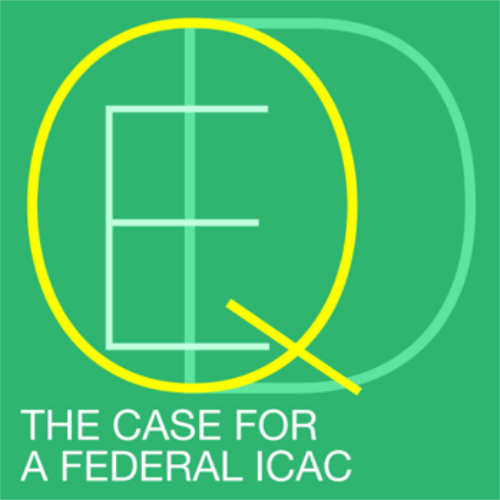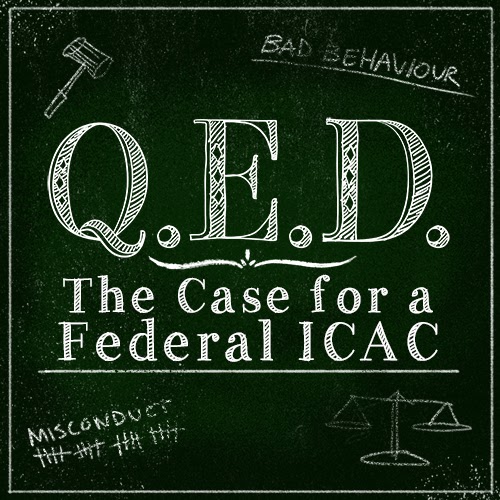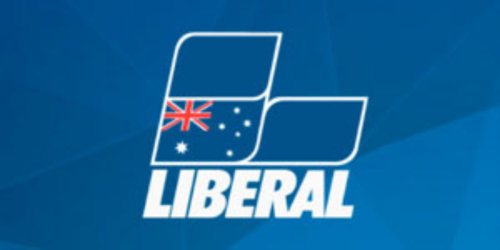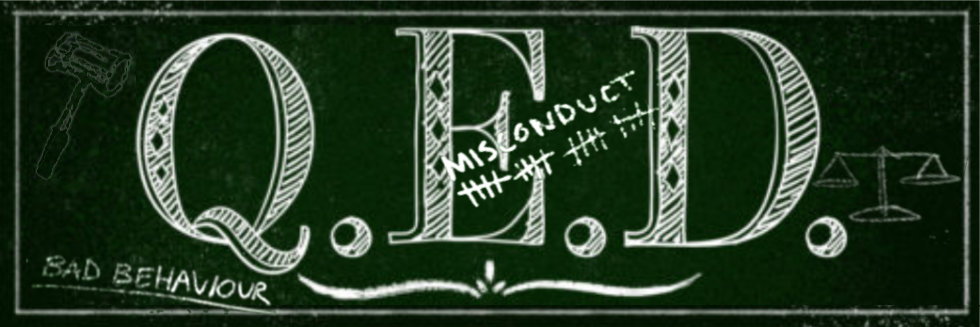Parakeelia – the Liberal Party’s “Feedback Services” paid for by taxpayers
2016 – ongoing
“Once the legal chicanery is stripped away, [Parakeelia is] as brutally simple as laundering drug money through a casino. Our taxes are funding the Liberal Party, in large sums and without our informed consent.” Michael Bradley, the managing partner of Sydney law firm Marque Lawyers.
Parakeelia Pty Ltd – trading as Feedback Services – is a company owned in some way by the Liberal Party, providing voter-monitoring software that compiles information about constituents – information largely compiled by MPs’ electorate staff. Each Liberal MP in Federal Parliament reportedly pays Parakeelia $2,500 each year for access to it.
Michael Bradley, the managing partner of Sydney law firm Marque Lawyers, explained the workings of “the Parakeelia/Liberal Party scam” for the ABC as follows. “$2,500 per Liberal MP is routed to Parakeelia. Parakeelia’s work appears to be largely carried out by the Liberal Party via its MPs’ staff, and ‘sold’ to Parakeelia at a high price. Parakeelia thus pays large sums to the Liberal Party, which gets the double benefit of the cash and the work product of its own staff. The person paying for it is, by means of this round-robin, the Australian taxpayer.”
On February 1, 2017 electoral commission disclosures showed that Parakeelia paid the Liberal Party more than $715,000 in 2015-16, plus a $200,000 loan for cash flow. Over the preceding five years it paid the party more than $2 million. While a limited review by the National Audit Office in 2016 found the company was not in breach of electoral and parliamentary rules, University of Queensland Law Professor Graeme Orr said Parakeelia presented problems “deeper than strict legalities”. “You have a question of a business built on taxpayer funds returning money to a political party: that’s problematic in a way we haven’t seen before.” Professor Orr said the Parakeelia structure risked “indirectly funding partisan politics”.




